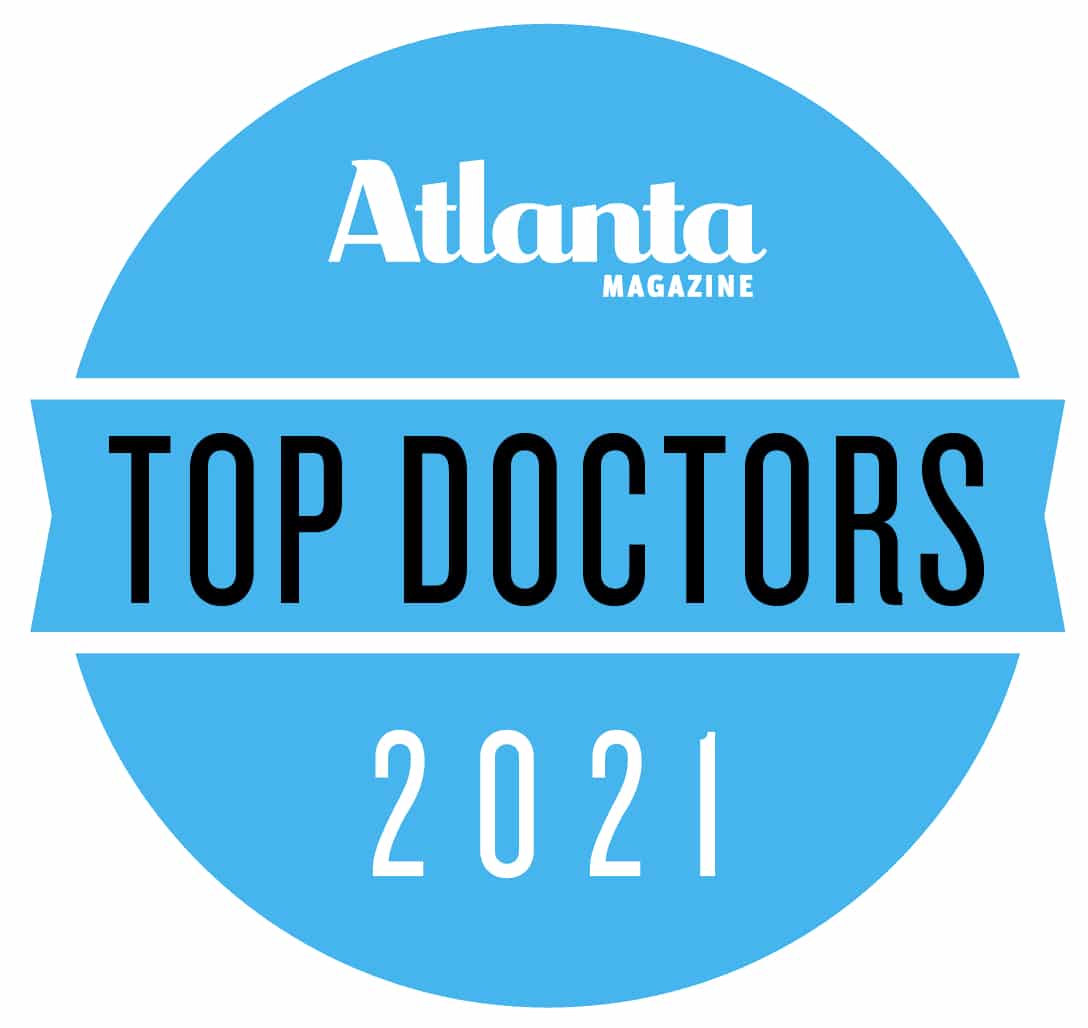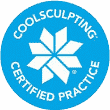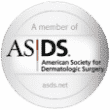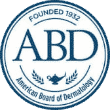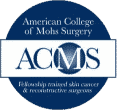What Are The Common Causes of Acne?
An excess of or imbalance of androgen hormones is a leading factor in the development of acne. Additional factors that may influence the frequency and severity of acne flare-ups include excessive oil production or excessive oil from grooming products or from the environment. For example, people who frequently work near frying oil or regularly come into contact with some type of grease may absorb some degree of the substance into their skin. Genetics can contribute to the risk and type of acne a person develops. Flare-ups can be caused by clothing that rubs against the skin or prevents the skin from breathing well, by humidity, air pollution, stress, and certain medications.
Can Acne Be Treated at Home?
There are several tips for treating acne at home. By far, conventional acne treatments like benzoyl peroxide, salicylic acid, and niacinamide are proven to be the most effective solutions. These ingredients are found in many commercial acne creams and acne facial cleansers. Other strategies, such as using witch hazel as a daily toner after washing, applying a honey mask to help destroy acne-causing bacteria, or applying green tea to reduce oil production may be helpful for some people. That said, treating acne at home can quickly become a frustrating project. If acne is severe or persistent or is causing emotional upset, it is wise to seek care from a board-certified dermatologist.
What Acne Treatments do the Dermatologists at GDP Offer?
Acne is a very personal condition that is influenced by numerous factors. The doctors at Georgia Dermatology Partners support patients' management of acne by developing a treatment plan that is tailored to the individual. Some patients benefit from education about skincare and recommendations for medical-grade skincare products formulated specifically for acne-prone skin. We also offer various laser treatments that have been proven to help reduce acne flare-ups and also reduce the appearance of acne scarring over time. Every person's skin is affected by unique factors. Our job is to understand what those are and how they are influencing the nature of acne for a particular patient. Once we have the right information, we can develop an action plan that should begin to work right away to mitigate the biological and environmental factors that have been contributing to acne.
How Can Acne Be Prevented?
Because acne is strongly driven by hormone changes, it can be difficult to eliminate the risk of flare-ups. What patients can do is gently care for their skin on a daily basis. Suggestions for acne prevention include:
- Cleanse the skin twice a day using a fragrance-free, sulfate-free face wash.
- Avoid the use of harsh foaming cleansers and abrasive scrubs.
- Remove makeup every day before going to sleep.
- Get to know skin type. Knowing if you have dry skin or oily skin or another skin type can help you choose the best products for your needs.
- Apply moisturizer daily. If the skin gets too dry, it will naturally produce more oil. Applying moisturizer may minimize oil production.
- Refrain from touching the face.
Do I Need to Stop Wearing Makeup if I Have Acne?
No. People who have acne can still wear makeup. However, it is best to wear products that are noncomedogenic. Noncomedogenic makeup products are free of ingredients that can clog the pores so are less likely to cause breakouts. Because acne-prone skin can also be very sensitive, it may be beneficial to wear hypoallergenic cosmetics. Sunscreen is also a vital aspect of caring for acne-prone skin since UV exposure can increase inflammation and irritation.
Why Is Acne Common in Teens?
The primary factor involved in the onset and persistence of acne is hormone dysregulation. This is why we tend to see more cases of acne among teenagers than adults. It is during our teen years when hormone fluctuations are most intense. At that time, both boys and girls are experiencing the activation of androgen hormones, specifically testosterone, which can trigger inflammation and breakouts.
What Causes Acne in Adults?
Adult acne is caused by many of the same factors that affect teens. Adults who continue to experience breakouts have an excess of oil, clogged pores, bacteria within those pores, and inflammation. These conditions may be set by lack of daily face-washing and moisturizing, not removing makeup before bed, use of certain medications, or irritation from skincare or hair products. Diet may also influence acne, but isn't believed to cause it. If adult-onset acne occurs rapidly and there is no history of this condition, it is wise to schedule a comprehensive medical exam. The sudden appearance of acne in an adult could indicate an underlying condition such as some type of endocrine disorder.
How Can Acne Scarring Be Treated?
There are several ways to treat acne scarring. Like the treatment for active acne, the protocols for acne scarring focus on the type of scar and its severity. Minor acne scarring may improve with topical medications or with professional collagen-stimulating skin rejuvenation treatment. This process involves creating microchannels in the upper layers of the skin. These channels are perceived injuries that the body repairs with an influx of collagen. The infusion of this regenerative protein doesn't just heal the micro-injuries, it repairs scars, discolorations, sun damage, and more. Some forms of acne scarring may be temporarily improved using dermal fillers, while others may be corrected through a series of laser treatments.
Is Hyperpigmentation the Same As Acne Scarring?
Most acne scars are considered to be pitted or deep areas in the skin that leave behind uneven texture. However, hyperpigmentation can also be a direct result of acne. Most noticeable as brown, black, red, or pink patches of skin that look out of harmony with one’s normal skin tone, hyperpigmentation can cause a lot of stress for people suffering from acne.
Luckily, just like acne scars, many treatments can help improve hyperpigmentation and get you back to a more even skin tone. These treatments can include:
- Chemical peels
- The use of retinoids
- Laser treatment
- IPL Therapy
- Microdermabrasion
- Lightening creams
Does My Diet Affect My Acne?
Many people see noticeable differences in their acne when they stop eating processed junk foods and switch to healthier options. Because high-sugar foods and drinks can cause blood sugar spikes and increase inflammation, when they are eliminated from a person’s diet, acne may begin to disappear.
While not all acne is a result of the foods you eat, it’s important to ensure that your body is being fueled by the proper amount of nutrients it needs to promote full healing and fight off the bacteria that cause acne. If your acne is due to a hormonal imbalance, certain foods can help to regulate your hormones, also improving the appearance of your acne at the same time. Adding more vegetables, such as cauliflower, celery, kale, lettuce, and spinach, to your diet can help clear your skin.
Do You Have a Facial Treatment for Active Acne?
While there are many facial treatments recommended by dermatologists that can help improve the appearance of acne and acne scarring, many of them involve the patient needing to have eliminated acne completely. However, what about patients who still have active acne?
Our HydraFacial treatment can help fight off the bacteria causing your current acne. Not only do HydraFacials cleanse the skin, but they also exfoliate and hydrate the skin at a deeper level, allowing for skin-rejuvenating nutrients to be absorbed, preventing the formation of future acne.
Schedule a Consultation
If you have acne or acne scarring, your trusted dermatologist can help. Georgia Dermatology Partners provides personal clinical care for patients in Braselton, Snellville, and Loganville, GA. Contact us at 770.972.4845 to schedule your visit.



